Type
series
1855 record(s)
Type of resources
Available actions
Topics
INSPIRE themes
Keywords
Contact for the resource
Provided by
Years
Formats
Representation types
Update frequencies
Status
Scale
Resolution
geoDescCode
cartografia
geographicCoverage
geographicCoverageDesc
inspirecore
referenceDateRange
denominatorRange
resolutionRange
dataPolicy
openServiceType
dataType
dataFormat
-
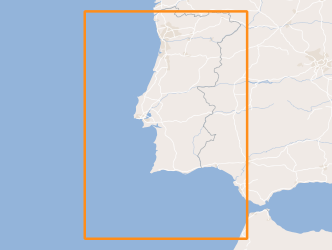
Within Portugal's National Biological Sampling Project (PNAB) a set of activities are conducted in the collection, management and use of biological data, collected from the registered commercial fleet in mainland Portugal (fisheries-dependent data) and several research surveys (independent fisheries data). These activities allow the assessment of the state of fishery resources, population structure, distribution and abundance of resources, diversity and dynamics of biological communities associated with the fishery resources and biological studies (growth, reproduction).The spring acoustic surveys are usually held in April/May with the ship "Noruega" and cover the Portuguese continental waters and the Spanish waters of the Gulf of Cadiz, between 20 and 200m deep.
-
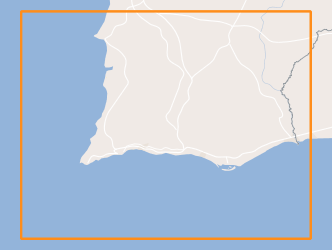
Within Portugal's National Biological Sampling Project (PNAB) a set of activities are conducted in the collection, management and use of biological data, collected from the registered commercial fleet in mainland Portugal (fisheries-dependent data) and several research surveys (independent fisheries data). These activities allow the assessment of the state of fishery resources, population structure, distribution and abundance of resources, diversity and dynamics of biological communities associated with the fishery resources and biological studies (growth, reproduction).The crustaceans campaigns are usually held in June/July with the ship “Noruega” and cover the extension of the Portuguese coast of Alentejo and Algarve.
-
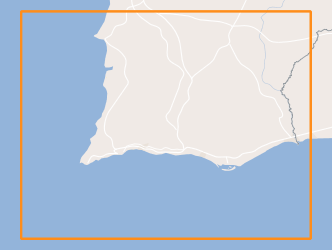
Within Portugal's National Biological Sampling Project (PNAB) a set of activities are conducted in the collection, management and use of biological data, collected from the registered commercial fleet in mainland Portugal (fisheries-dependent data) and several research surveys (independent fisheries data). These activities allow the assessment of the state of fishery resources, population structure, distribution and abundance of resources, diversity and dynamics of biological communities associated with the fishery resources and biological studies (growth, reproduction).The crustaceans campaigns are usually held in June/July with the ship “Noruega” and cover the extension of the Portuguese coast of Alentejo and Algarve.
-
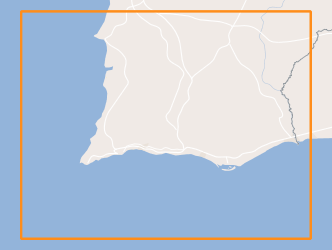
Within Portugal's National Biological Sampling Project (PNAB) a set of activities are conducted in the collection, management and use of biological data, collected from the registered commercial fleet in mainland Portugal (fisheries-dependent data) and several research surveys (independent fisheries data). These activities allow the assessment of the state of fishery resources, population structure, distribution and abundance of resources, diversity and dynamics of biological communities associated with the fishery resources and biological studies (growth, reproduction).The crustaceans campaigns are usually held in June/July with the ship “Noruega” and cover the extension of the Portuguese coast of Alentejo and Algarve.
-
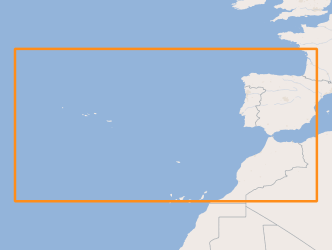
Three-hourly forecast maps of accumulated precipitation in mm/3h in the Atlantic region, generated from ECMWF data twice a day, at 00UTC and 12UTC, with forecasts every 3 hours of the current day from 00h to the next 120 hours.
-
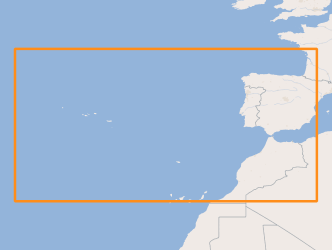
Three-hourly forecast maps of mean sea level pressure in Pascal in the Atlantic region, generated from ECMWF data twice a day, at 00UTC and 12UTC, with forecasts every 3 hours of the current day from 00h to the next 120 hours.
-
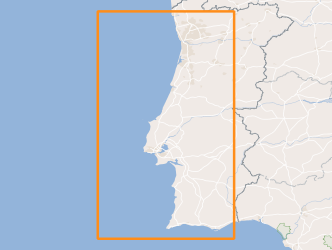
Within Portugal's National Biological Sampling Project (PNAB) a set of activities are conducted in the collection, management and use of biological data, collected from the registered commercial fleet in mainland Portugal (fisheries-dependent data) and several research surveys (independent fisheries data). These activities allow the assessment of the state of fishery resources, population structure, distribution and abundance of resources, diversity and dynamics of biological communities associated with the fishery resources and biological studies (growth, reproduction).Demersal autumn campaigns are usually held in September/October with the ship “Noruega” and cover the full extent of the Portuguese coast (between Caminha and Vila Real Sto António).
-
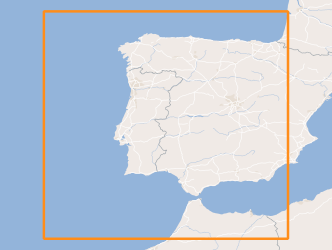
Three-hourly forecast maps of air temperature at 2 meters in Kelvin for the Iberian Peninsula, generated with the AROME model. The maps are generated twice a day, at 00UTC and 12UTC, with forecasts of the following 48 hours.
-
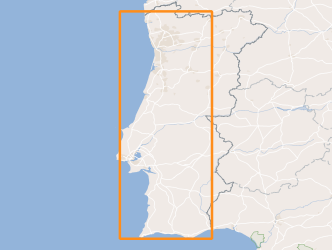
Marine biotoxins monitoring of bivalve molluscs in classified production areas in mainland Portugal, since 2014, at intervals defined in the respective sampling plan, through the detection and quantification of the various groups of marine biotoxins laid down in Regulation (EC) 853 / 2004 in live bivalve tissues. These analyzes are part of the national monitoring of bivalve molluscs production areas and are considered in the official control system for decision-making concerning health rules applicable to bivalve in the various production areas. The data is collected according to the requirements of Regulation (EC) No 854/2004 of the European Parliament and of the Council of 29 April 2004 and the rules set out in Decree No. 1421/2006 of the Ministries of Economy and Innovation and Agriculture, Rural Development and Fisheries of 21 December 2006.
-
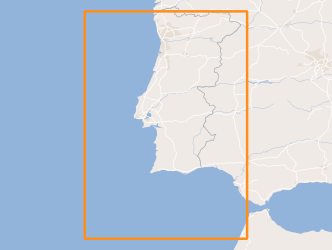
Within Portugal's National Biological Sampling Project (PNAB) a set of activities are conducted in the collection, management and use of biological data, collected from the registered commercial fleet in mainland Portugal (fisheries-dependent data) and several research surveys (independent fisheries data). These activities allow the assessment of the state of fishery resources, population structure, distribution and abundance of resources, diversity and dynamics of biological communities associated with the fishery resources and biological studies (growth, reproduction).The spring acoustic surveys are usually held in April/May with the ship "Noruega" and cover the Portuguese continental waters and the Spanish waters of the Gulf of Cadiz, between 20 and 200m deep.
